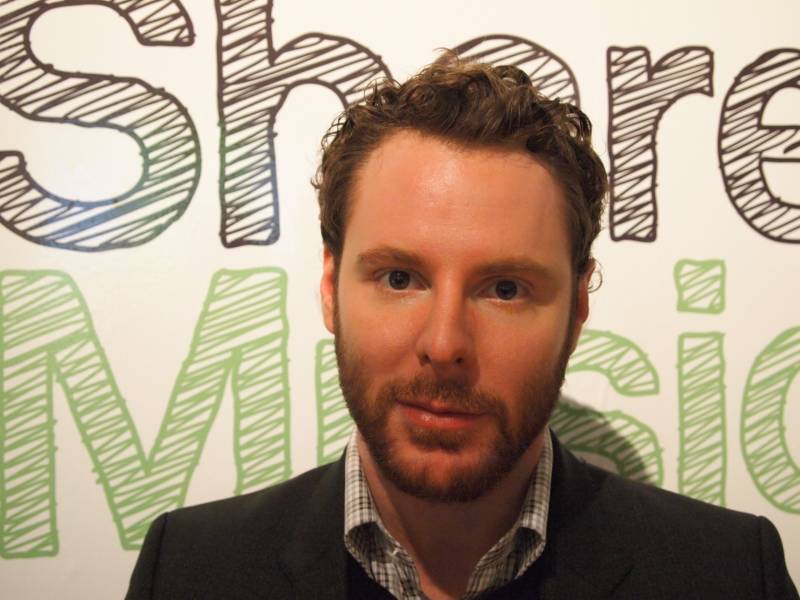A project to speed development of cancer-fighting drugs that harness the immune system has academic and drug industry researchers collaborating and sharing their findings like never before.
The newly created Parker Institute for Cancer Immunotherapy is being funded by a $250 million grant from Sean Parker, the co-founder of the file-sharing site Napster and Facebook's first president. It brings together partners at six top academic cancer centers, dozens of drugmakers and other groups.
"Everybody knows that we need to move forward and change the model" for cancer research, Jeffrey Bluestone, an immunology researcher and the institute's CEO, told The Associated Press Tuesday. "The goal here is to rapidly move our discoveries to patients."
For decades, fiercely competitive and secretive drugmakers protected their money-making discoveries with patents and lawsuits. Academic researchers likewise often guarded their work closely until it was published because their promotions, awards and sometimes revenue from licensing patents depended on individual achievement. That often slowed progress.
With the increasing cost and complexity of research, drugmakers began licensing or buying patents and research programs from university researchers. Then big drugmakers began collaborating with each other and buying smaller companies, to share research costs, speed up the drug development process and get an edge on rivals.

